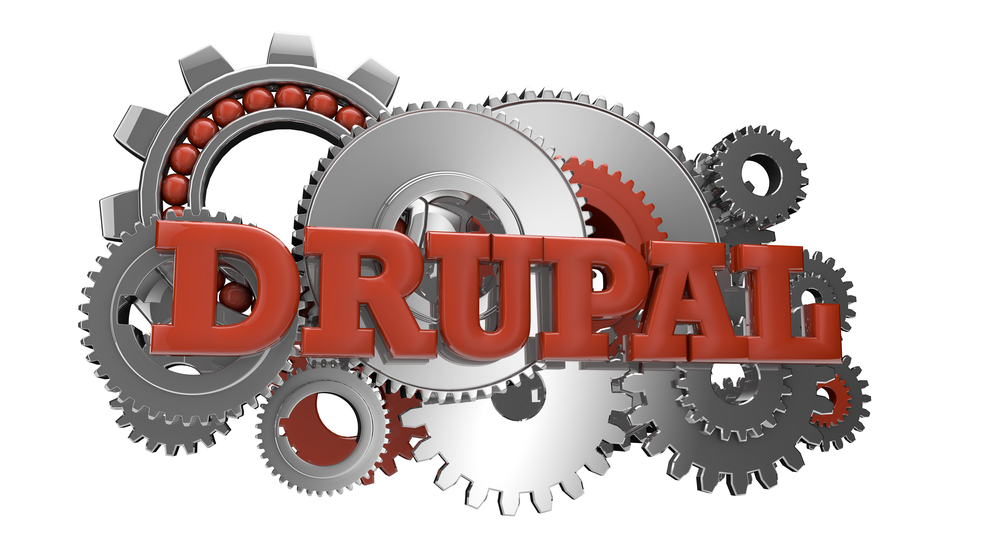
Who's Best Suited to Utilize Drupal for Web Development?
You might often hear that Drupal, a well-known CMS, is accessible and usable by just about anyone wishing to create a website. This, however, is a misconception.
Why am I confident in making this claim?
I base this on two decades of programming experience, over a decade as a web developer across various platforms, and nearly ten years specializing in Drupal. With over 120 projects for diverse clients and collaboration with professionals ranging from newbies to industry leaders, I have cultivated a rich perspective on Drupal's capabilities.
Understanding Drupal:
Drupal is an exceptional platform, rich in features. It's crafted to synergize distinct concepts, making the development process seamless for those well-versed in its nuances.
Compare this with WordPress or Magento: learn their basics, follow some steps, and you'll have a functional website. Even if things go awry, you'll still end up with something usable.
Drupal, however, is a different beast. Many mistake it for a CMS like WordPress or Magento. Some label it as a Content Management Framework (CMF). In reality, Drupal blends the characteristics of both — a framework disguised as a CMS. This duality is both its strength and its challenge.
CMS vs. Framework: What's the difference?
Technical Perspective:
- CMS: A pre-constructed system allowing anyone, not just developers, to swiftly create websites and manage content.
- Framework: Essentially a toolkit or a library that developers use to construct websites/apps based on their skills and requirements.
Target Audience:
- CMS: Suitable for a broad audience, including those with minimal technical know-how. Customization within the CMS's bounds can be straightforward, but external customizations can be challenging and time-consuming.
- Framework: Reserved for developers. Beginners might construct basic sites while senior developers can create intricate, custom functionalities. Expert developers, like technical architects, can harness a framework's power for sophisticated projects.
To address two pressing queries:
- Can a non-developer use a framework? No, it's not feasible.
- Can someone unfamiliar with Drupal use it? Let's delve deeper.
When Should You Opt for Other Platforms?
- WordPress: Ideal for blogs, landing pages, or business websites requiring minimal customization.
- Magento: Reserved for e-commerce websites, needing technical proficiency for customization.
- Other Frameworks (Symfony, Laravel, etc.): Necessary for developers, especially those with an in-depth understanding of the specific framework.
Why Choose Drupal?
Rather than rehash commonly cited pros and cons, I'll share insights from my hands-on experience.
Advantages:
- Versatility: From landing pages to CRMs, Drupal's flexibility allows for a vast range of applications.
- Architecture: Resembling a framework, Drupal facilitates complex customizations.
- Development Speed: When compared to traditional frameworks, Drupal expedites the web development process.
Disadvantages:
- Complexity: Mastering Drupal's varied concepts can be challenging. Effective utilization demands a thorough understanding, guided training, and practical experience.
Remember, while Drupal is powerful, the key is in the developer's proficiency. It's not about what Drupal can do; it's about who is executing the task.
In Conclusion:
Drupal's capabilities are vast, but its optimal utilization isn't straightforward. A layperson or even a regular developer might struggle. You'll need a seasoned Drupal expert.
The broader adoption of Drupal, akin to WordPress, hinges on the introduction of intuitive interfaces that bridge human action with complex framework logic. This challenge is one many, including myself, are striving to address in endeavors like "SIBU.AI."